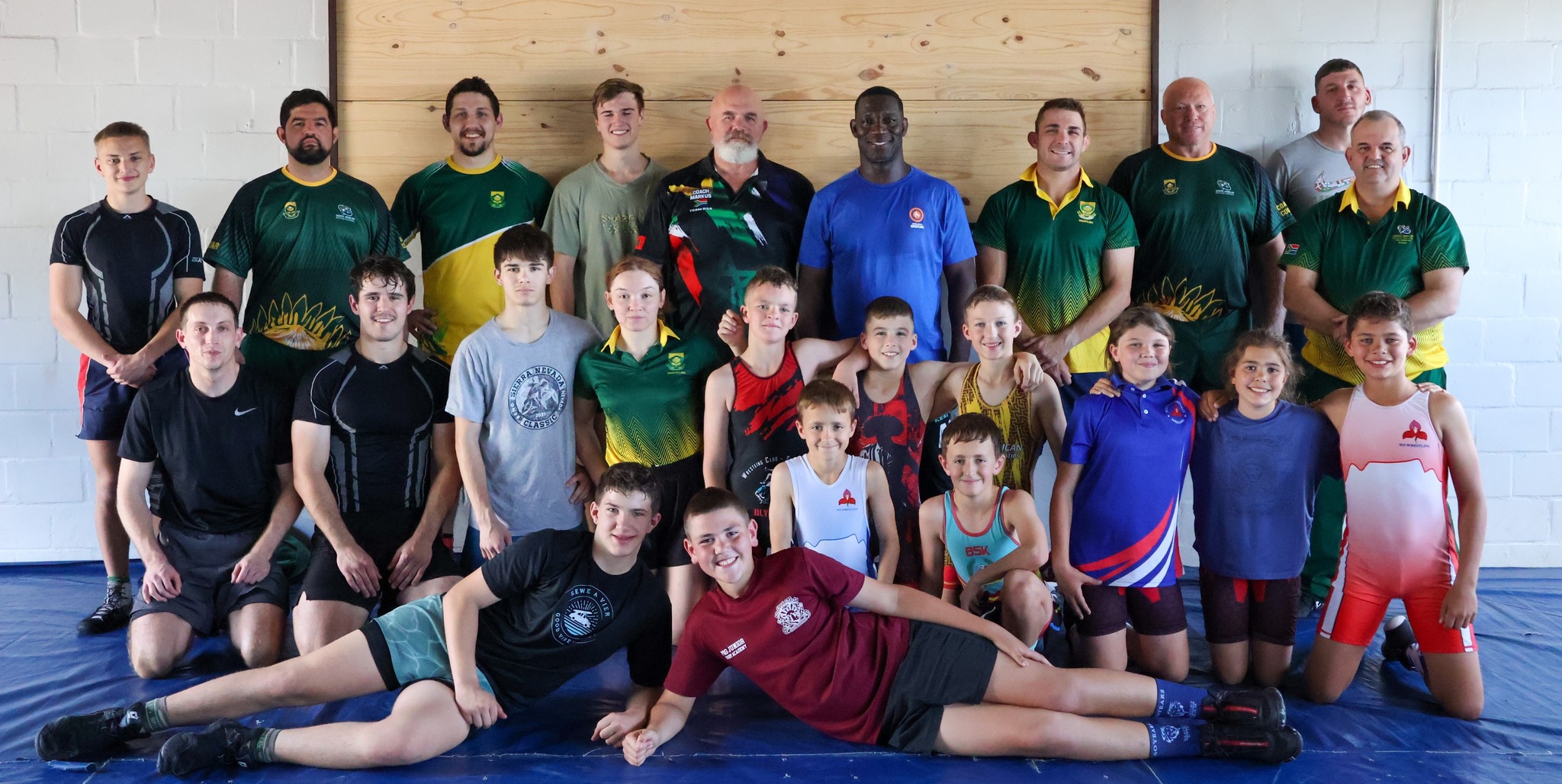Grevemberg to Leave Role as Commonwealth Games CEO
Wednesday, February 10, 2021 - 15:02 By United World Wrestling Press

David Grevemberg is stepping down as chief executive of the Commonwealth Games Federation (CGF), the organization has announced.
Grevemberg has held the role since November 2014 following a spell at the helm of the 2014 Commonwealth Games in Glasgow, and is set to leave his GGF role on March 5.
In 2015, Grevemberg oversaw the development and launch of the organization's strategic plan entitled Transformation 2022.
Grevemberg said it had been "a privilege" to work within the Commonwealth Sport Movement for more than a decade and he was "proud" of the work he had achieved during his tenure.
"I am enormously proud of the work that we have achieved and continue to drive through our strategy, Transformation 2022, which has always been delivered in ambitious partnership with our team, our leadership and our passionate global network of members and Commonwealth athletes," said Grevemberg.
“Grevemberg has had a positive impact on the Commonwealth Games during his time as CEO and will leave the federation in a place to succeed for many years to come. I wish him all the best in his future endeavours,” said UWW president Nenad Lalovic.
Grevemberg, a former wrestler was the Executive Director of The International Paralympic Committee (IPC) prior to becoming CEO of the Commonwealth Games.



Share your thoughts.
Comments